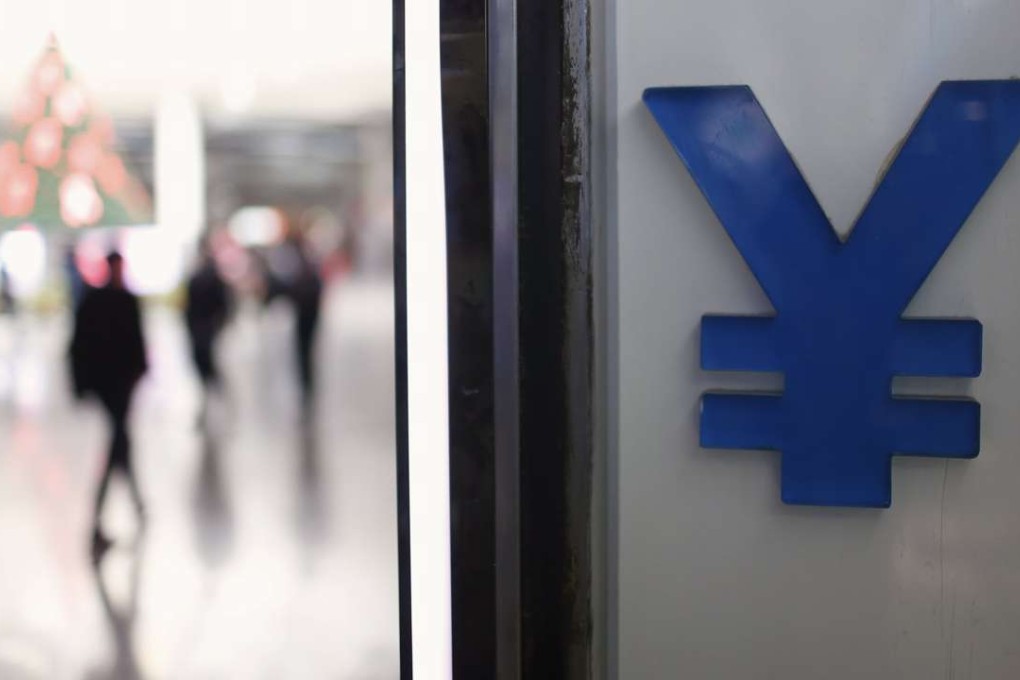Why worries about a sharp slide in the renminbi are overblown
Joe Zhang says China can effectively raise the value of its currency if it wants to, in response to jitters about the impact of a US interest rate hike. Yet it has made no such move – because it does not need to

Most China watchers have a very firm belief that the renminbi is significantly overvalued and that it is due to depreciate sharply at some stage, probably in the near future.
Their conviction grows as an interest rate hike by the US Federal Reserve becomes increasingly likely. Each release of economic data from China, and Beijing’s tightening of capital outflows, become extra reasons for the pessimists to reiterate their forecast.
Why investors are shrugging off the yuan’s recent depreciation
However, this fervent belief is odd if one considers the glaring absence of a black market for foreign exchange in China. Recall that, in the 1970s through to the late 1990s, an active black market was a prominent phenomenon. The exchange rates often deviated 50 or even 100 per cent from the official rates as a result.
There was so much imbalance between demand for, and supply of, foreign exchange that, in 1980, the People’s Bank of China introduced a foreign exchange certificate as a rationing mechanism. Almost immediately, it became a separately traded asset class. Even employees of the central bank (like myself) had to resort to the black market to buy foreign exchange to fund overseas education or purchases of imported goods.
This dual-track currency regime faded away only when the renminbi started to strengthen in the early 2000s.
